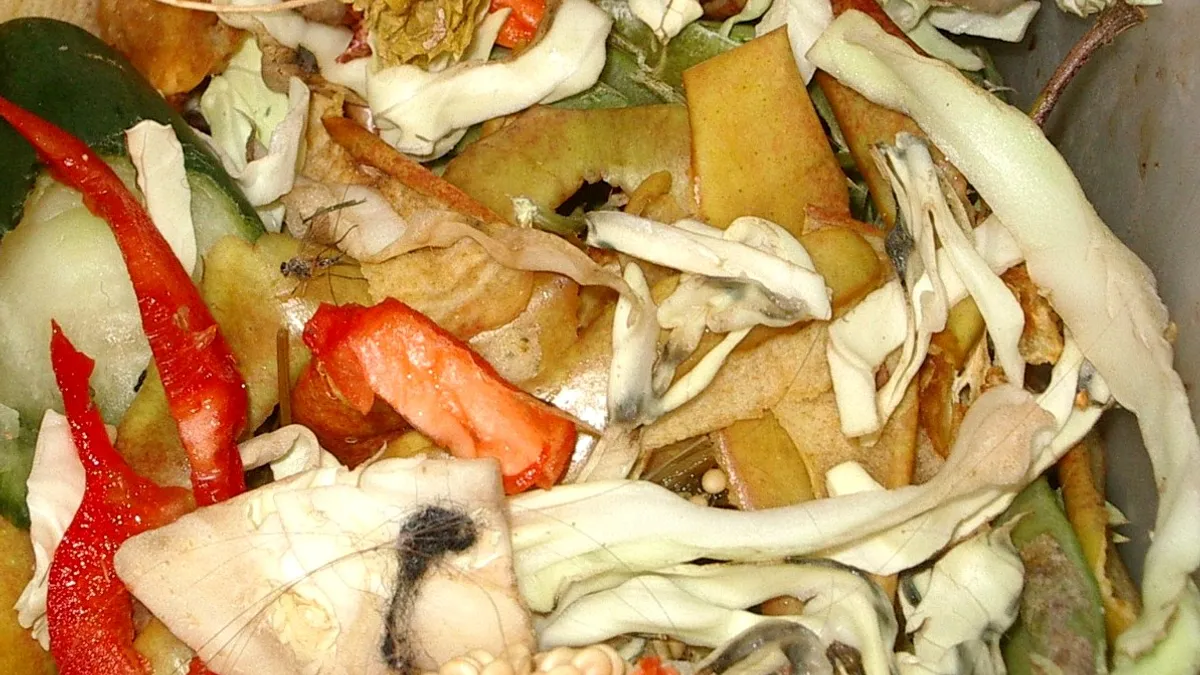Dive Brief:
- Officials in Prince George's County, MD are convinced its composting operation can be one of the first run by a government that makes money through the large-scale composting of food waste.
- A $12,000 U.S. Environmental Protection Agency grant covers 8% of costs at the Yard Waste Composting Facility in Upper Marlboro. The operation is breaking even, selling 5,800 tons of compost since the pilot program began in 2013.
- The county collects food waste from Whole Foods markets in Alexandria, VA, and Annapolis, MD, the Smithsonian and National Geographic museums in Washington, D.C., two local public schools and the cities of Takoma Park and University Park, MD, as well as the University of Maryland, Johns Hopkins and George Washington University. The resulting compost, which operations manager Randy Bolt calls "gold," is sold for $12.50 a cubic yard to customers that include the White House.
Dive Insight:
Prince George's County, a suburb of Washington, D.C., for years has composted yard waste and turned it into compost under the brand name Leafgro, under a program run by the Maryland Environmental Service.
Food composting is the next logical step for the county and other entities, recently including a public market in Boston and the city of Minneapolis.
The goal is zero waste, though that comes with concerns about "trash snooping" and cost.
"The issue is reducing the cost, and composting can be a less expensive method to letting (food scraps) sit in a landfill," Jeff Dannis, chief of operations at Howard County's publicly run Alpha Ridge composting facility, told the Post.
Prince George's officials are enthusiastic. "It's a young industry and we are on the ground floor," said Adam Ortiz, director of the county's Department of the Environment. "The magic is people are really passionate about it. Composting has emerged as a waking giant."














